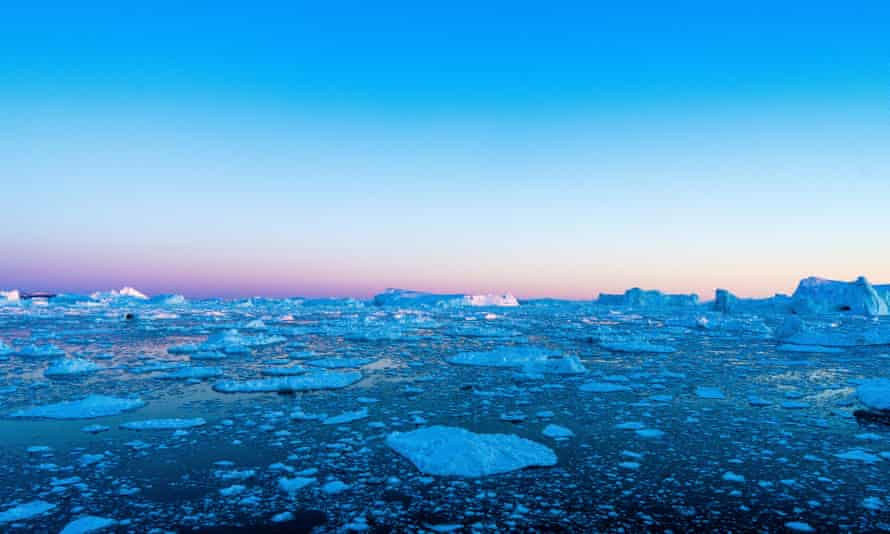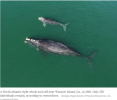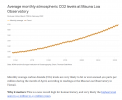barnswallow
Well-Known Member
oh
from the Washington Post:
Virtually all emperor penguins doomed for extinction by 2100 as climate change looms, study finds [8.4.21]
Can they predict this really? Is it reversible? I don't know.
from the Washington Post:
Virtually all emperor penguins doomed for extinction by 2100 as climate change looms, study finds [8.4.21]
Can they predict this really? Is it reversible? I don't know.
...Nearly all of the world’s emperor penguin colonies may be pushed to the brink of extinction by 2100, a new study has found, as the United States moves to list them as threatened under the Endangered Species Act.
If climate change continues at its current rate, more than 98 percent of emperor penguin colonies are expected to become quasi-extinct by the turn of the century, a group of global researchers wrote in the journal Global Change Biology on Tuesday. The scientists’ near-term predictions were equally grim: They estimated at least two-thirds of colonies would be quasi-extinct by 2050.
(Quasi-extinction refers to a population being doomed for extinction even if some members of the species remain alive.)
Did you see the movie 'March of the Penguins'?The penguins breed on stable sea ice locked to the coast, on ice shelves or on islands around the Antarctic during the winter. Sea ice floes also offer a place for adult emperor penguins to rest or seek refuge from predators.
“There is a sea ice ‘Goldilocks’ zone,” said Stephanie Jenouvrier, a seabird ecologist at Woods Hole Oceanographic Institution and a lead author of the study, in a statement. “If there is too little sea ice, chicks can drown when sea ice breaks up early; if there is too much sea ice, foraging trips become too long and more arduous, and the chicks may starve.”











